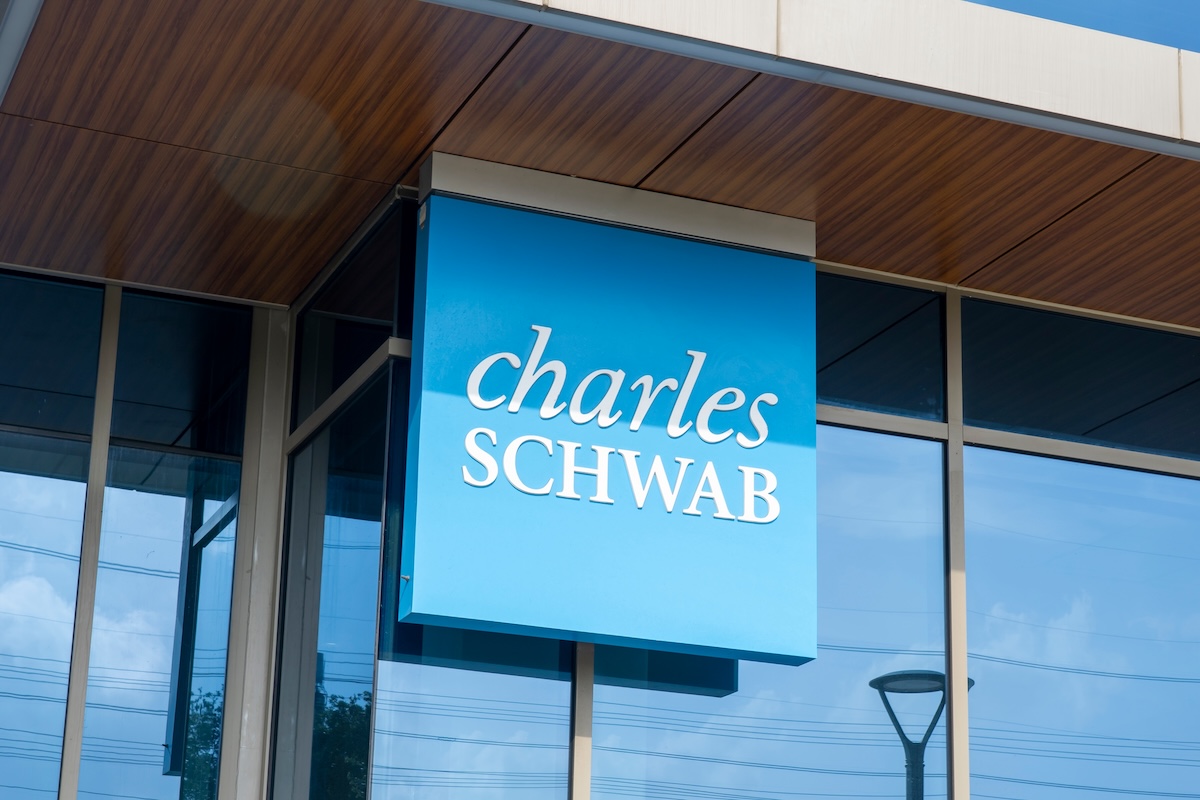
Individual investors are taking advantage of the rebound, but instead of doubling down on stocks, they’re diversifying and hedging their bets, says Schwab.
According to the latest Schwab Trading Activity Index (STAX), self-directed clients pulled back on trading in April, favoring broad diversification over stock picking as policy uncertainty continues to rattle the markets.
The STAX dropped for the second straight month, falling 14.85% to 41.18, its lowest level in two years. That’s the biggest monthly drop since the depths of the Covid crash.
Schwab clients were net sellers across every S&P 500 sector except energy. That’s a reversal from March, when energy was the only sector they sold.
For the third month in a row, individual Investors offloaded tech stocks the most, followed by consumer staples and discretionary stocks.
Volatility defined last month, especially early April, when the Cboe Volatility Index (VIX) spiked before plunging nearly 50% by month’s end — its second-biggest monthly drop on record.
Rather than panic, Schwab said its clients used the moment to sell options and generate income.
“Clients used the spike in volatility not to run away from the market but to optimize their trading strategies,” said Joe Mazzola, Schwab’s head trading and derivatives strategist.
Buying the dip in select stocks and ETFs
While individual stock buying was limited, clients did step in to “buy the dip” on a few familiar names, including three of the ‘Magnificent Seven’: Nvidia (NVDA), Amazon (AMZN), and Tesla (TSLA).
Even within the AI boom, investors were selective. Outside of Nvidia, most chipmakers saw little love.
Last month, individual investors also preferred broader, diversified bets through ETFs. In fact, four of the top 10 buys were exchange-traded funds
“We did see some ETF buying, which suggests that instead of trying to pick names that would do well with tariffs, clients decided to diversify,” Mazzola said.
“Clients were risk-averse, generally going back to names they know and companies they tend to turn to in times of peril.”
One notable shift was that investors bought energy stocks in April after aggressively selling them the month before. Schwab attributed the reversal to a hunt for yield as investors rotated back into income-generating sectors.
Tariff policy was the biggest driver of volatility, but not the only one.
The University of Michigan's preliminary Index of Consumer Sentiment dropped again in April, down to 52.2, a 32.4% drop compared to a year ago. Confidence among middle-income earners took the biggest hit.
Your email address will not be published. Required fields are markedmarked